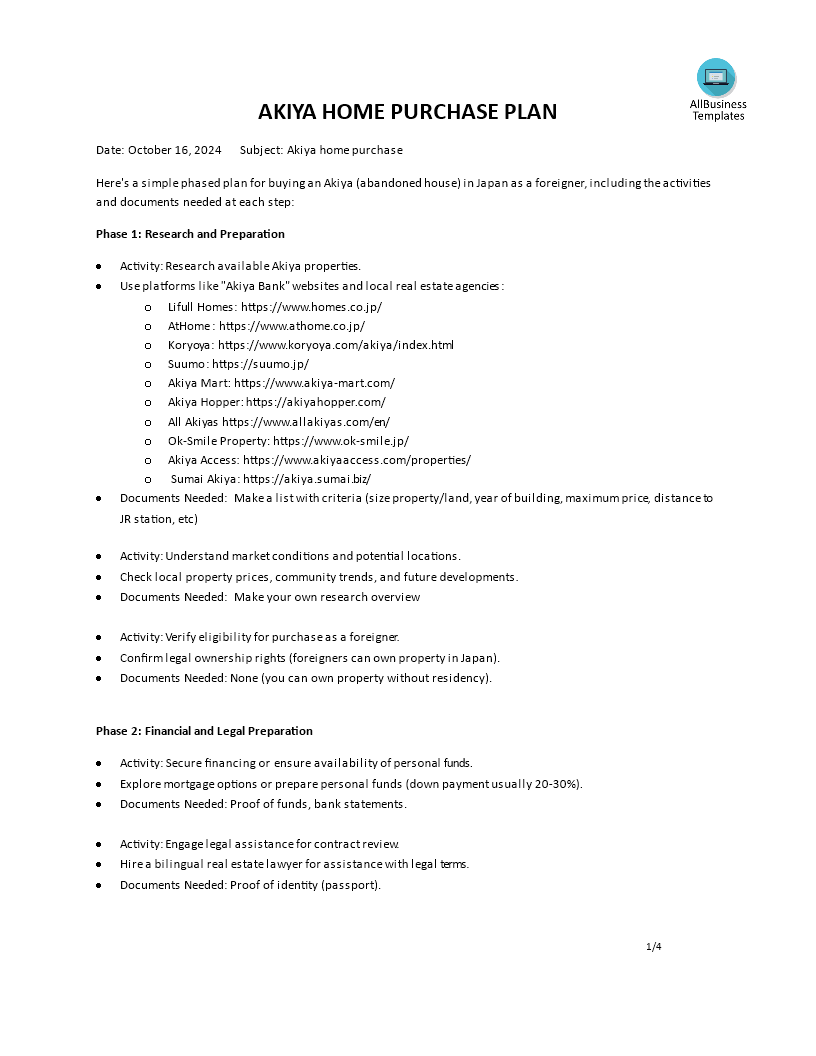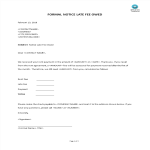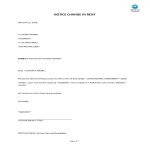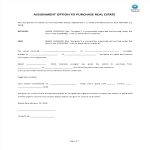Akiya Purchase Plan
Sponsored Link免费模板 保存,填空,打印,三步搞定!

Download Akiya Purchase Plan
微软的词 (.docx)免费文件转换
- 本文档已通过专业认证
- 100%可定制
- 这是一个数字下载 (34.6 kB)
- 语: English
Sponsored Link
What to do when planning to purchase a vacant Akiya home in Japan for the first time?
Vacant homes in Japan are also known as "Akiya," these empty houses are available at remarkably low prices, sometimes as little as $23,000. The abundance of these homes is due to several cultural and demographic factors, including a preference for new homes and significant population shifts towards urban areas.
Many Japanese people view older homes as having little value, which contributes to the low cost of Akiya. Additionally, Japan's declining fertility rate and urban migration leave many homes without heirs or with owners who see no benefit in maintaining rural properties.
Buying an Akiya Home in Japan: A Detailed Guide with Phases
Purchasing an Akiya (vacant or abandoned home) in Japan can be an exciting opportunity for those interested in owning a property, particularly in rural or less populated areas. However, it’s essential to understand the pros and cons, as well as the critical steps involved in the process to ensure a smooth transaction.
Pros of Buying an Akiya Home
- Affordability: Akiya homes are often priced significantly lower than properties in cities or new homes, sometimes even offered for free or at symbolic prices to encourage settlement in depopulated areas.
- Location Appeal: Many Akiya homes are located in scenic rural areas, such as near mountains, lakes, or the coast. It offers a tranquil escape from the bustle of city life, perfect for vacation homes.
- Renovation Potential: You can customize the property to suit your needs. If you are interested in traditional Japanese architecture, Akiya homes offer a unique chance to preserve and restore older structures.
- Community Support: Some local governments offer subsidies or grants for renovating Akiya homes or settling in rural areas.
Cons of Buying an Akiya Home
- Maintenance and Renovation Costs: Akiya homes often require significant renovation. These costs can add up quickly, especially in rural areas where labor and materials may be more expensive or harder to find.
- Rural Isolation: Living in rural Japan can be challenging, with fewer amenities, less access to healthcare, and limited public transportation. Daily necessities like groceries might require long trips.
- Tax and Ownership Costs: Even though the purchase price may be low, property taxes (固定資産税 - koteishisanzei) and other maintenance costs remain, which can be higher than expected, particularly in areas with little rental income potential.
- Natural Disaster Risk: Old homes in rural areas may not be earthquake-resistant or could be vulnerable to other natural disasters such as typhoons or landslides. New construction may offer better protection.
Phases of the Purchase Process
Phase 1: Research and Preparation
- Research Available Akiya Properties: Use platforms such as Lifull Homes, AtHome, Suumo, and local Akiya banks to find listings. Each website has different listings, so it’s essential to explore multiple sources.
- Understand Market Conditions and Location Potential: Research the property market in the area you're considering. Rural areas often have stagnant or declining real estate markets. Be aware of factors like depopulation and accessibility.
- Verify Eligibility as a Foreign Buyer: Foreigners can buy property in Japan without any residency requirements. However, it’s essential to understand Japanese legal frameworks regarding property ownership and taxation.
- Secure Financing or Prepare Personal Funds:
- While some Japanese banks offer financing to foreigners, securing a mortgage can be difficult without residency. Most foreign buyers fund their purchases with personal savings.
- Engage Legal Assistance:A bilingual real estate lawyer is essential to ensure that contracts comply with Japanese laws and to help navigate any language barriers.
Phase 3: Property Search and Viewing
- Contact Real Estate Agents: Work with a real estate agent to arrange viewings and understand the full scope of the properties. Many agents specialize in dealing with foreign buyers and can offer bilingual services.
- Conduct Property Inspections: Many Akiya homes are in disrepair, so it’s crucial to inspect the property for structural damage, plumbing, and other issues. Hire a professional inspector if necessary.
Phase 4: Making an Offer
- Submit a Letter of Intent (LOI) to buy Akiya Japan: This formal letter signals your intention to buy and outlines your proposed purchase price and any conditions.
- Negotiate Purchase Terms: Work with your real estate agent to negotiate the price and other terms. Be prepared to negotiate on issues such as the renovation work that may be required.
Phase 5: Contract and Payment
- Sign the Purchase Agreement: Once both parties agree, sign the contract that formalizes the sale.
- Pay the Deposit:Typically, this is 5-10% of the purchase price. Ensure your funds are readily available.
Phase 6: Due Diligence and Finalizing
- Conduct a Title Search: Verify the property’s legal standing and ensure there are no outstanding liens or claims on the property.
- Arrange Final Payment and Cover Closing Costs: Closing costs, including legal fees and taxes, can amount to 6-8% of the property’s price.
Phase 7: Closing and Registration
- Attend the Closing Meeting: At this final meeting, complete the necessary paperwork to transfer ownership.
- Register the Property: The property must be registered at the local Legal Affairs Bureau to formalize the change in ownership.
Phase 8: Moving In and Maintenance
- Set Up Utilities: Ensure the property has electricity, water, and gas. Some rural properties may need additional work to modernize these utilities.
- Maintain the Property: If the property is intended as a vacation home, you may want to hire a property management company to oversee its maintenance in your absence.
Conclusion: Are Akiya Homes Worth It?
Purchasing an Akiya home can be worth it for the right buyer, especially if you are interested in a long-term investment in Japan's rural lifestyle. For those looking for an affordable vacation or retirement home, it can be a rewarding experience, but it’s crucial to be prepared for the challenges that come with owning and maintaining an older home in a less-developed area.
Akiya homes offer affordability and location appeal, but they come with the potential for high renovation and maintenance costs. Whether this investment is suitable for you depends on your ability to handle these challenges and your personal goals for the property.
Download this step by step Akiya Purchase Planning tutorial for free!
DISCLAIMER
Nothing on this site shall be considered legal advice and no attorney-client relationship is established.
发表评论。 如果您有任何问题或意见,请随时在下面发布
相关文件
Sponsored Link




